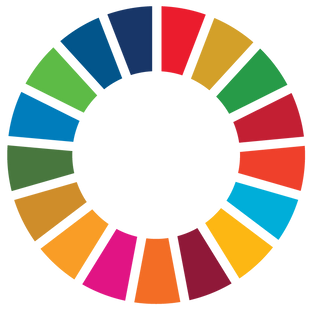
The Global Leadership Challenge (GLC) aims to help emerging leaders to grow in the wisdom and character required for responsible leadership that makes a difference in the world — leadership that doesn’t simply seek to fulfil personal ambition but furthers societies’ sustainable development. GLC is a joint initiative of the University of Oxford (Social Sciences Division and the Oxford Character Project) and the St. Gallen Symposium, supported by our partners - the Templeton World Charity Foundation, Schwarz Group, and Swiss Re.
From 11-15 December 2025, the GLC will focus on partner challenges, addressing real-world issues through the lens of responsible leadership and sustainability.
To tackle the questions, GLC convenes 100 promising young leaders and Senior Advisors to address pressing challenges by integrating responsible leadership and practical actions. Using character education and design thinking, the fully virtual five-day challenge equiped young leaders with the values and skills needed for navigating today's complex world.
Evaluated by our Award Jury, the group with the most outstanding project idea is able to attend the 55th St. Gallen Symposium in Switzerland as Leaders of Tomorrow - all expenses covered.
After GLC, participants apply for further mentoring to grow as future leaders (with the Oxford Character Project at the University of Oxford) to reflect on their own purpose and grow as a future leader.
All active participants will receive a Certificate of Achievement from the University of Oxford and the St. Gallen Symposium.


A New Framework For
Responsible Leadership
The most pressing challenges of our time require system-level analysis and action for impact. Building on research at the Universities of Oxford and St. Gallen, we have developed a new framework for responsible leadership combining three essential components of responsible leadership needed to address global challenges.












mouseover for more
Copyright:


.png)